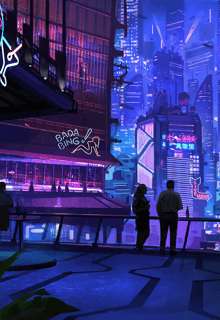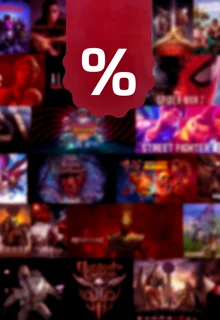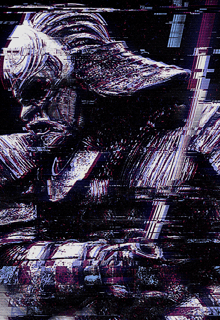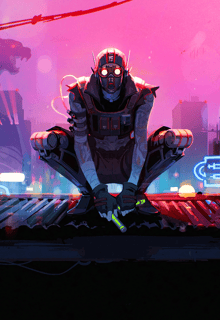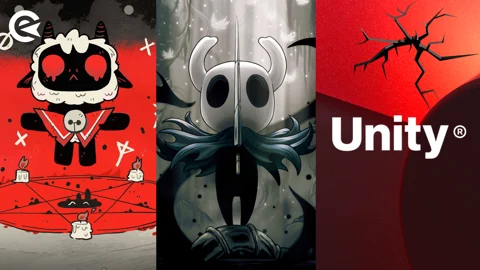A lot of indie devs see their future hanging on a thread, after the recent announcement of a controversial Runtime Fee of the company behind Unity.
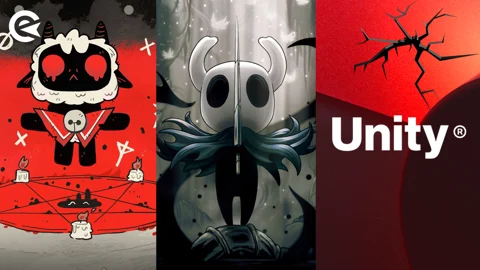
The company behind the wildly used game engine Unity announced on September 12 a change of their guidelines in terms of a controversial Runtime Fee: Starting in January 2024, game developers will have to pay for each time someone installs their game.
What Does The New Unity Runtime Fee Means?
The cost for developers depends on their contract with the company. However, if a developer earns $200,000 in revenue over 12 months, they might have to pay up to 20 cents per installation.
At first glance, it may not seem like a big deal, but when you think about platforms like Xbox Game Pass, which has over 25 million subscribers, it can be tough for game developers.
With the Game Pass, anyone can quickly download and try a game. This means developers would be at the mercy of the gaming community and could end up paying thousands or even millions of dollars if the game is based on the Unity engine.
And on a quick note: Pirating a game also counts as a download for Unity. This was a big no-no before, and it's even more with this guideline.
Indie Devs Reactions Show How Bad This Decision Is
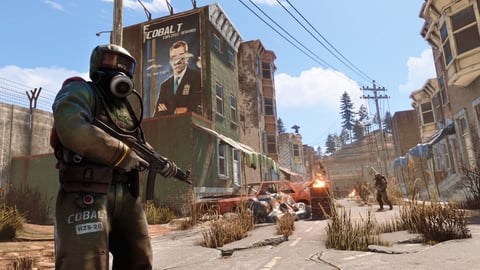
After this announcement, social media was literally on fire. Many people, especially indie devs, tried to make their standpoint pretty clear.
Here are some of their thoughts:
I was wrong. This is how the fees are working out for Rust:Lifetime we'd have paid them about $410k more. About $40k a year. Last month it would have cost us $2,517.While this isn't much, here's some stuff I don't like:- Unity can just start charging us a tax per install?-...
— garry (@garrynewman) September 12, 2023
Buy Cult of the Lamb now, cause we're deleting it on Jan 1st. https://t.co/nSWg9DP0sh
— Cult of the Lamb (@cultofthelamb) September 12, 2023
Dani, the creator behind Muck and Crab Game, mentioned that if his game wasn't free and the Runtime Fee was already in place, he would owe Unity $5.6 million, which adds to the seriousness of the situation.
Even more devs voiced their concerns and how life-threatening this change is, leaving them vulnerable to malicious intent.
We join our peers in stating our disappointment about the recent @unity and @unitygames policy changes involving their new runtime fee.It's preposterous, opaque, and leave developers vulnerable to malicious intent and piracy, risking expertise and income.Please revert these. https://t.co/Pd0tWG82kq pic.twitter.com/OZ0IJWCTKX
— Whales And Games Wishlist Townseek on Steam! (@WhalesAndGames) September 13, 2023
Ultimately, some of the world's biggest game devs like HoYoverse, would also fall under the jurisdiction of this new guidelines as their games, such as Genshin Impact or Honkai: Star Rail, are also made with Unity.
There are a ton of popular games that are made with Unity. Here are some examples:
- Beat Saber
- Subnautica
- Death's Door
- Gunfire Reborn
- Pokemon Go
- Cities: Skylines
- Hearthstone
- Ori And The Blind Forest
- Cuphead

If this Runtime Fee takes effect in 2024, it's hard to predict how tough the future might be for game developers, both small and large alike. Many individuals might have to give up their passion and leave the gaming industry because they won't be able to afford the fee. This is one of the worst possible scenarios.
Indie developers already struggle to gain visibility among the masses and operate on tight budgets. Adding this extra cost would not improve the situation. In fact, it could make things even more difficult.




